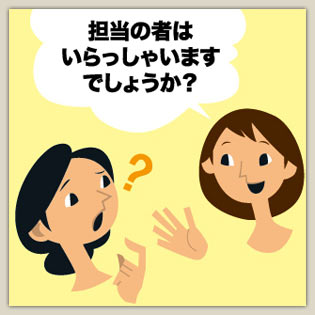Every language represents different challenges to learners. If I were to study a Romance language like Spanish, I’d need to cope with the idea of nouns having genders, which might be difficult since they seem arbitrary when coming from English — can anyone tell me why a pencil is el lapiz (male) while a pen is la pluma (female)? In Japanese, the mechanics of how politeness works is a potential rough spot for foreign students. While you can generally cover any polite situation by using the the formal forms of verbs rather than informal (for example, using the word ikimasu for “to go” instead of the informal iku, which you’d only use around close friends or people who were younger than you), there are times when a person wants to bring his nihongo to the next level. The most common word for “person” in Japanese is hito, but in business settings you often use two different terms, the “exhaulting” word kata when referring to a person in the company you’re addressing, and the “humble” word mono (moh-noh) when talking about someone from your own company. If you want to experience a really awkward situation in Japan, get these two words confused, as I’ve done.

You should say kata when addressing another company, not mono, like I did.















